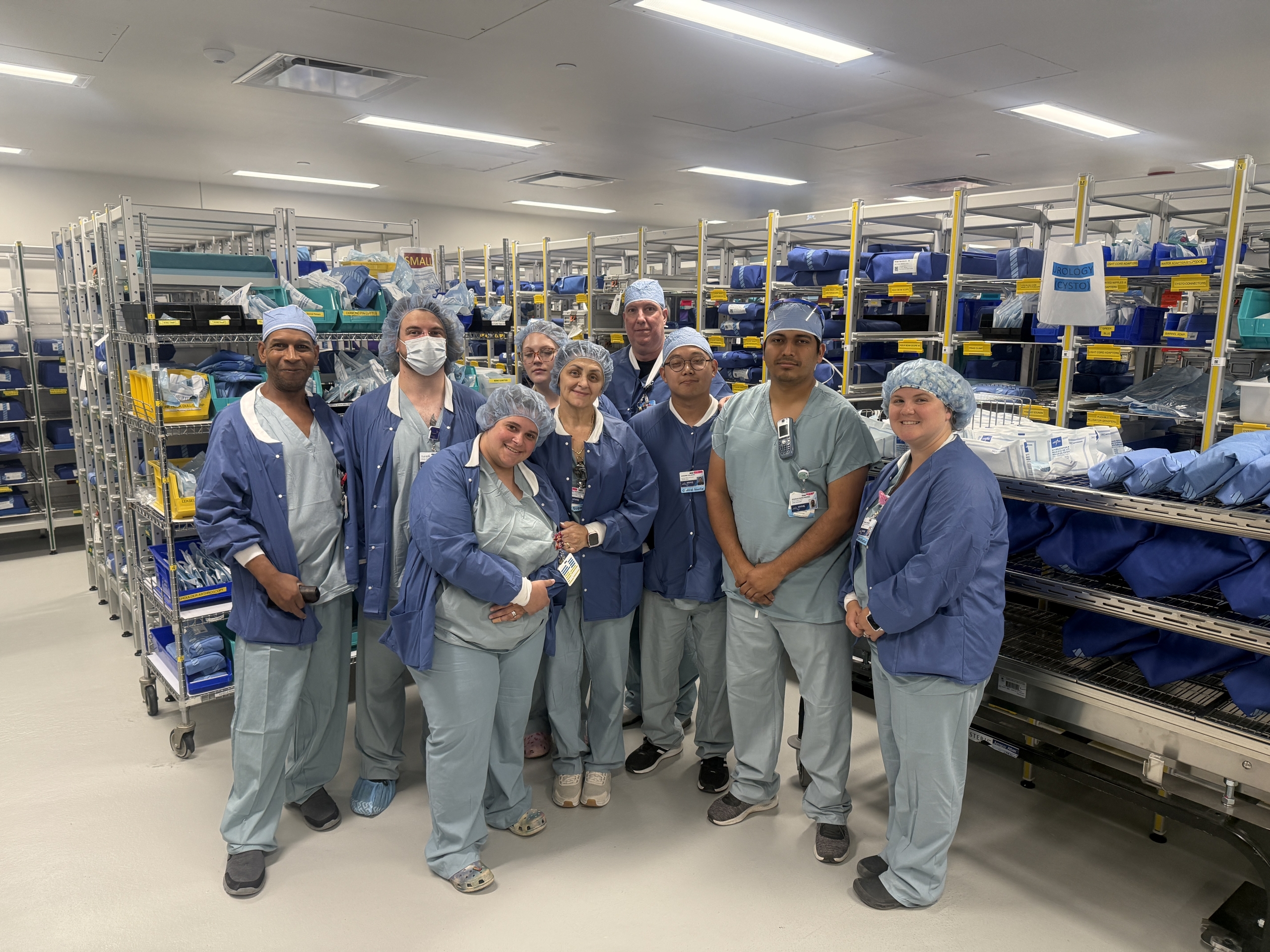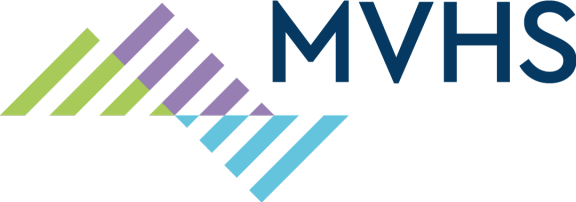There’s so much happening in healthcare in our region – at times it’s hard to stay updated! Just the Facts will provide you with the latest information about MVHS and the Wynn Hospital. If you want even more insight into what’s happening at MVHS, you can also subscribe to Darlene’s Digest, the weekly newsletter from the MVHS CEO. Click here to subscribe.
TOPIC FOR TUESDAY, JULY 29, 2025
Department Spotlight: Sterile Processing
Sterile Processing technicians are the heartbeat of the perioperative services in any healthcare facility. Without clean and sterile instruments, surgeries cannot take place. The sterile processing professional has been long considered the silent partner in healthcare, however, their expertise and quality standards directly contribute to patient outcomes.
Sterile Processing departments play a critical and vital role in the delivery of quality patient care supporting the Operating Rooms, Emergency Department, Labor and Delivery, ancillary clinics and inpatient units within our healthcare system.
Every year, hospitals are responsible for sterilizing millions of instruments and medical devices that are used in surgery and outpatient clinics. In the Wynn Hospital’s Sterile Processing department, we have more than 2,600 disposable/chemical items and 1,500 trays that sterile processing technicians need to know.
What does the Sterile Processing department do?
The department prepares surgical instruments and devices, which means they clean, inspect, test, sterilize, store and deliver devices needed for surgery in a healthcare facility. Because of the work they do, surgeons can safely operate safely on our patients.
Departments throughout the healthcare facility – from the Operating Room to outpatient clinics – depend on the surgical instruments and devices they prepare. These departments rely on their precision, attention to detail and layered skills and knowledge related to surgical instrumentation.
What other departments do you work closely with?
Sterile Processing collaborates with vendor partners and the medical teams throughout the healthcare system to ensure instruments are available when they are needed. The patient always comes first and they deserve the care and attention they give to the safety of the instruments used on them.
The department leads by example and believes that the process of learning to be a Sterile Processing technician will never be something that can simply be checked off the list. The rules change, best practices change, technology changes, which makes continuing education an essential part of their professional development, because it promotes and encourages quality and safety in the face of the constant healthcare evolution.
Why role does Sterile Processing play within patient care?
Sterile Processing saves lives every day. Within the Sterile Processing department, care and dedication bridge the gap between skill and precision, hope and assuredness. The heroes hard at work in Sterile Processing deserve our utmost thanks. The industry is filled with people who strive for excellence and make informed decisions that affect the patients whose lives are in their hands.
What career opportunities are there in Sterile Processing?
Sterile technicians have to become certified within 18 months and it can be a great career if you’re interested in moving up to positions such as lead tech, coordinator, educator, manager or director.
You could also start your career in sterile processing and move to the Operating Room (OR) and become a surgical tech or a nurse. There are many team members in the Wynn’s OR who started in Sterile Processing.



